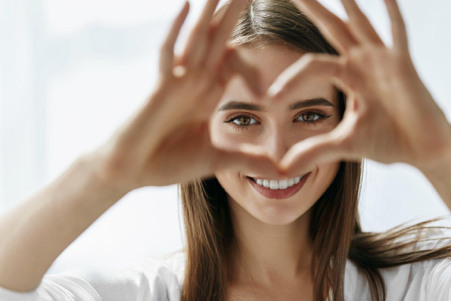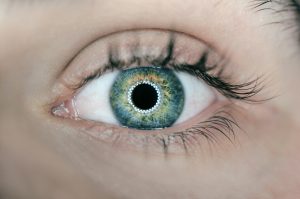Many people who rely on corrective lenses to see clearly wear glasses to see clearly. Glasses tend to be the more common option as they’re very practical. Wearing glasses is the simple choice, but contact lenses come with a wide range of benefits that shouldn’t be overlooked either. If you’re thinking of switching to contact lenses then this blog post is for you.
At R Woodfall, we believe that both glasses and contact lenses are excellent options to treat common eye conditions such as myopia (near-sightedness). But for those who want the option of contact lenses as well as glasses, we’re here to guide you through making the change.
The benefits of contact lenses
Contact lenses offer a variety of benefits that can make your life easier. Below are a few of the main advantages to wearing contact lenses and why you should consider them if you haven’t already.
Excellent for sports
When it comes to sports and activities, glasses definitely get in the way. The last thing you want when playing sports is to be worried about your glasses falling off and becoming damaged. But you also shouldn’t compromise on your vision by going without. This is why contact lenses are the best solution for this, as they do not get in your way, and they provide the same clarity of vision as glasses do. This makes them a fantastic alternative for those who regularly play sports.
Adopt the curvature of your eye
Contact lenses allow for a full range of vision as they bend to the curvature of your eye. As contacts move with your eye, it allows the wearer to see naturally. Contacts do not obstruct your vision in any way or steam up like glasses do. This is very convenient for many people.
It’s like they aren’t there
Contact lenses are an excellent alternative to wearing glasses as they are much less noticeable. This is great for those who are always busy moving and participating in sports or activities. Also, some people do not like how their face looks when wearing glasses, so contacts are a great solution to this. With contact lenses, you never have to sacrifice your vision clarity for looking the way you want to.
If you’re considering making the switch from glasses to contacts then get in touch with your local optician. They will start the process for you. If you’re in need of a professional optician in South East England, contact R Woodfall today.
























